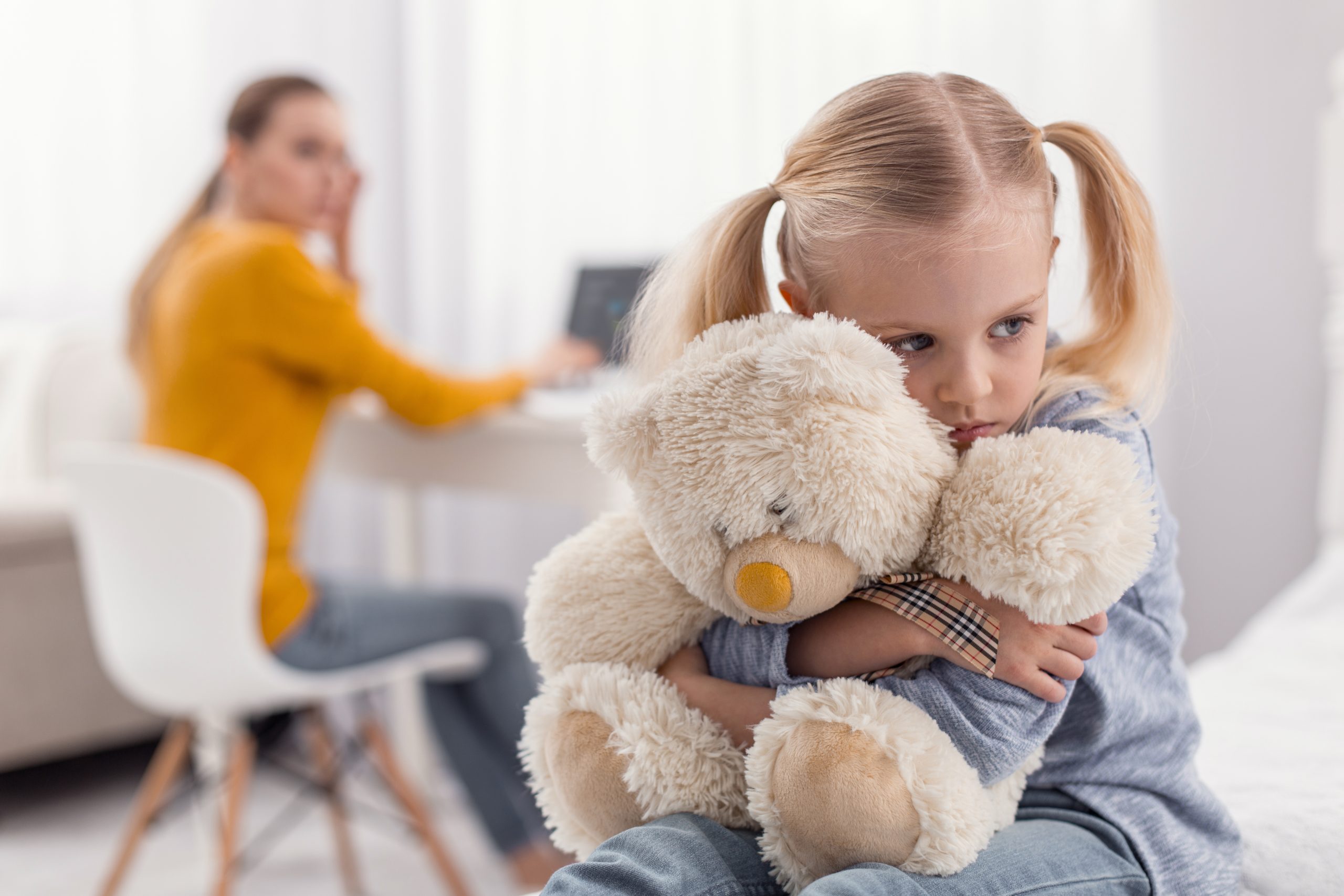As a therapist working with children and families in Hawthorn and across Melbourne, I often meet parents who feel something is off with their child but can’t quite explain what’s wrong. Children don’t always tell us directly how they feel. Instead, they communicate through their behaviour, their play, or sometimes through silence.
In therapy, the goal is not to simply “fix” the child, but to provide a space where they can begin to process and express what they’re feeling inside. When a child is struggling, the way forward is rarely a quick solution. This involves careful listening, understanding, and support. Below are some common concerns parents bring to therapy, and how we can begin to make sense of them together.
Anxiety in Children: More Than Just Worry
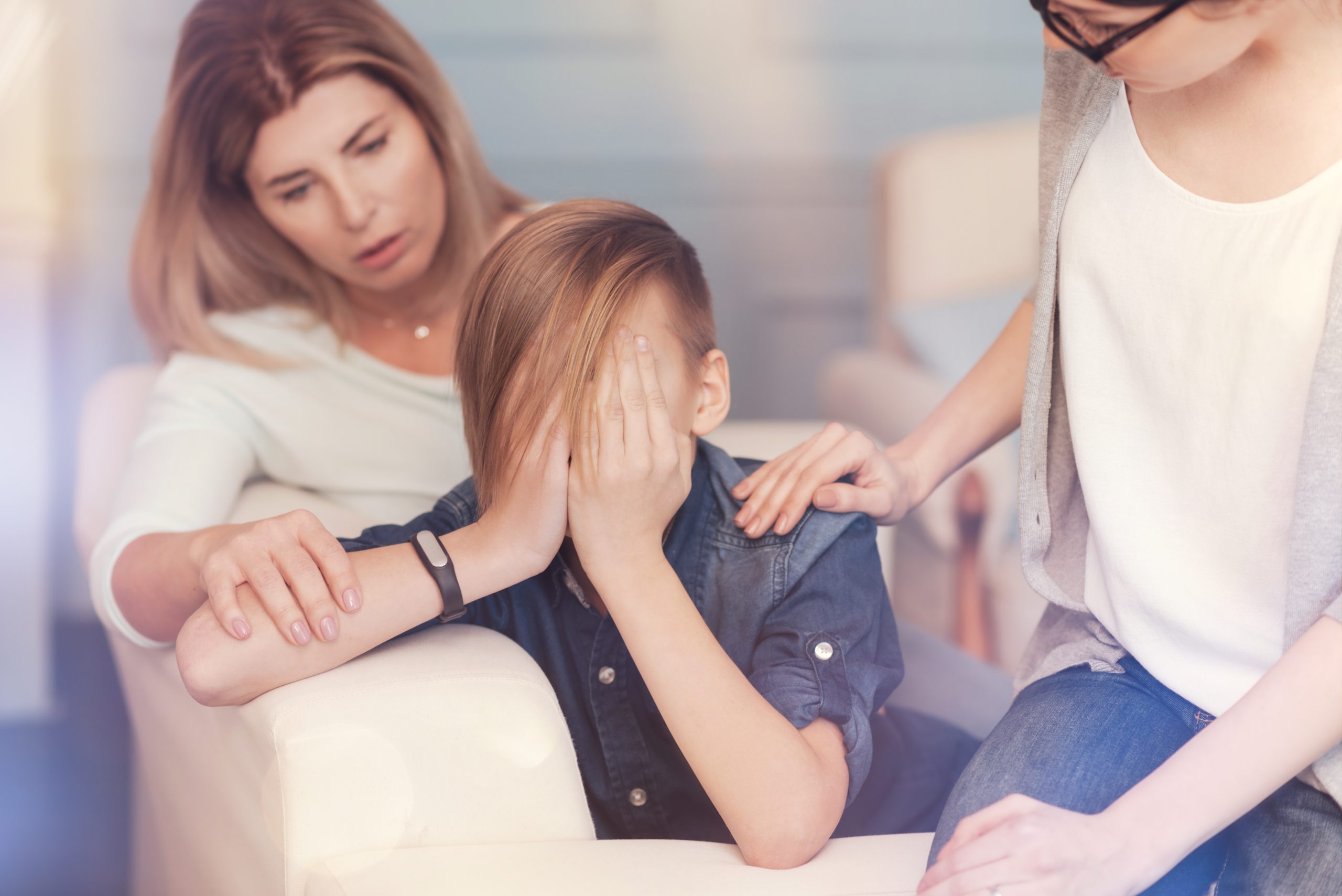
Anxiety in children can take many forms and often shows up in ways adults don’t expect. You might notice your child:
- Complaining of tummy aches or headaches
- Avoiding school or social situations
- Struggling to fall asleep or waking from nightmares
- Becoming unusually clingy, quiet, or easily upset
From a therapeutic and psychoanalytic perspective, anxiety is often not just about what’s happening in the present moment—it can be a sign that something inside the child feels uncertain, overwhelming, or unresolved.
Anxiety may arise when a child is facing more stimulation than they can process emotionally. This might come from a major life change (such as a new sibling, moving house, or starting school), conflict at home, bullying, or even an internal worry that has no clear “cause.” For some children, anxiety may relate to how they understand themselves in relation to others questions of identity, belonging, or feeling “different” can also be deeply unsettling.
In therapy, we try not to rush past these symptoms. Instead, we explore them. We ask: What is the anxiety trying to say? What might it be covering over? What space does the child need to begin to speak about what they’re feeling perhaps in words, perhaps through play?
By working slowly and gently, children can begin to give meaning to their inner experience and, in turn, feel more aware of their emotional world.
When School Becomes Hard
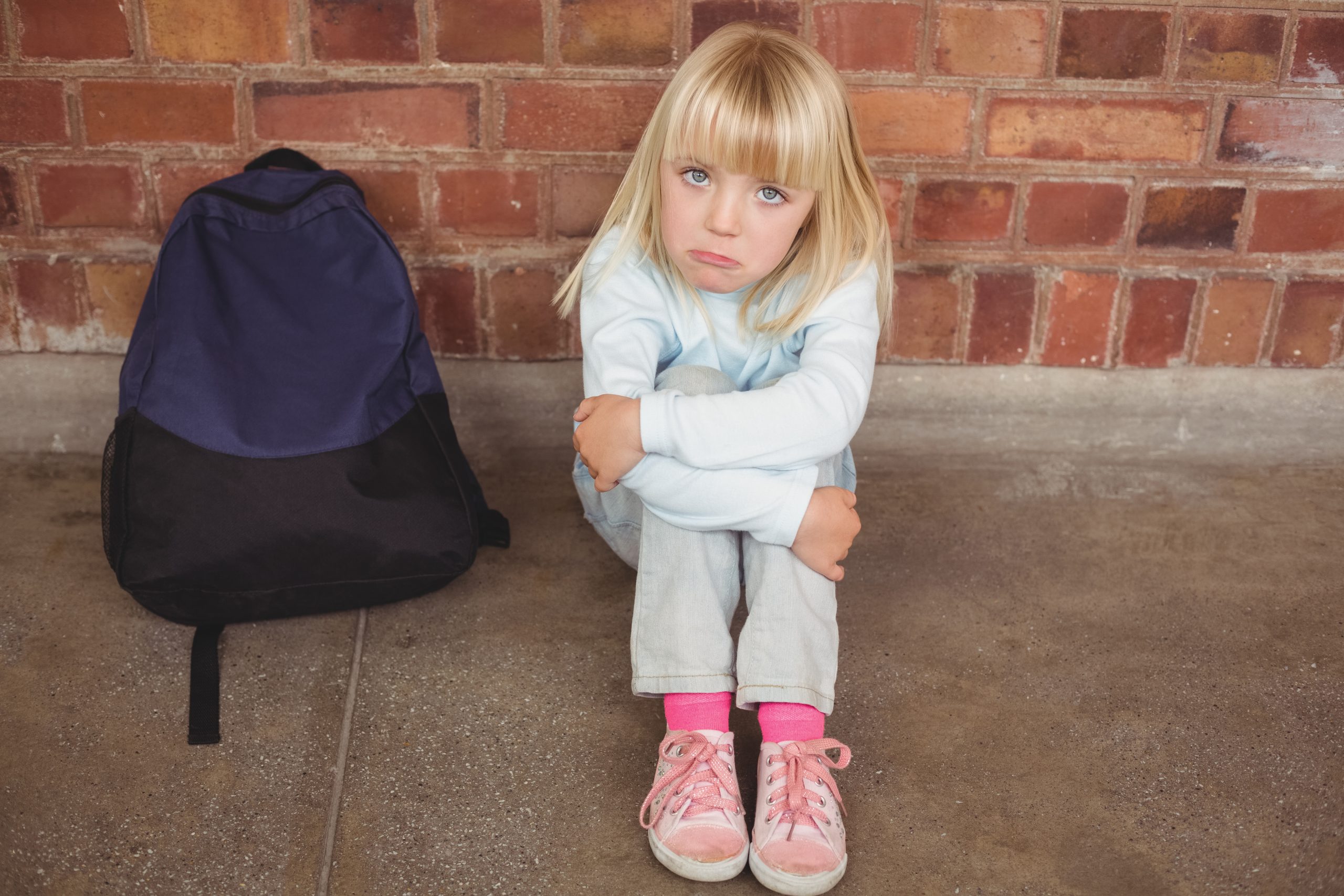
School is often the first place where emotional difficulties show up. If your child is:
- Falling behind academically
- Refusing to go to school
- Struggling to concentrate
- Arguing with teachers or having trouble with friends
…it may be more than just a behavioural issue or academic gap.
These behaviours can be signals. Your child may be feeling anxious, overwhelmed, or experiencing something they can’t yet talk about. The classroom is a social space, and children bring their inner world with them into it. Family stress, learning difficulties, or internal self-doubt can all impact how they engage with school.
As a child psychologist in Melbourne, I work with children to better understand what’s underneath the struggle. Through this, we begin to reduce the distress not just by managing behaviour but by listening to what it represents.
Helping Your Child Through Divorce or Separation
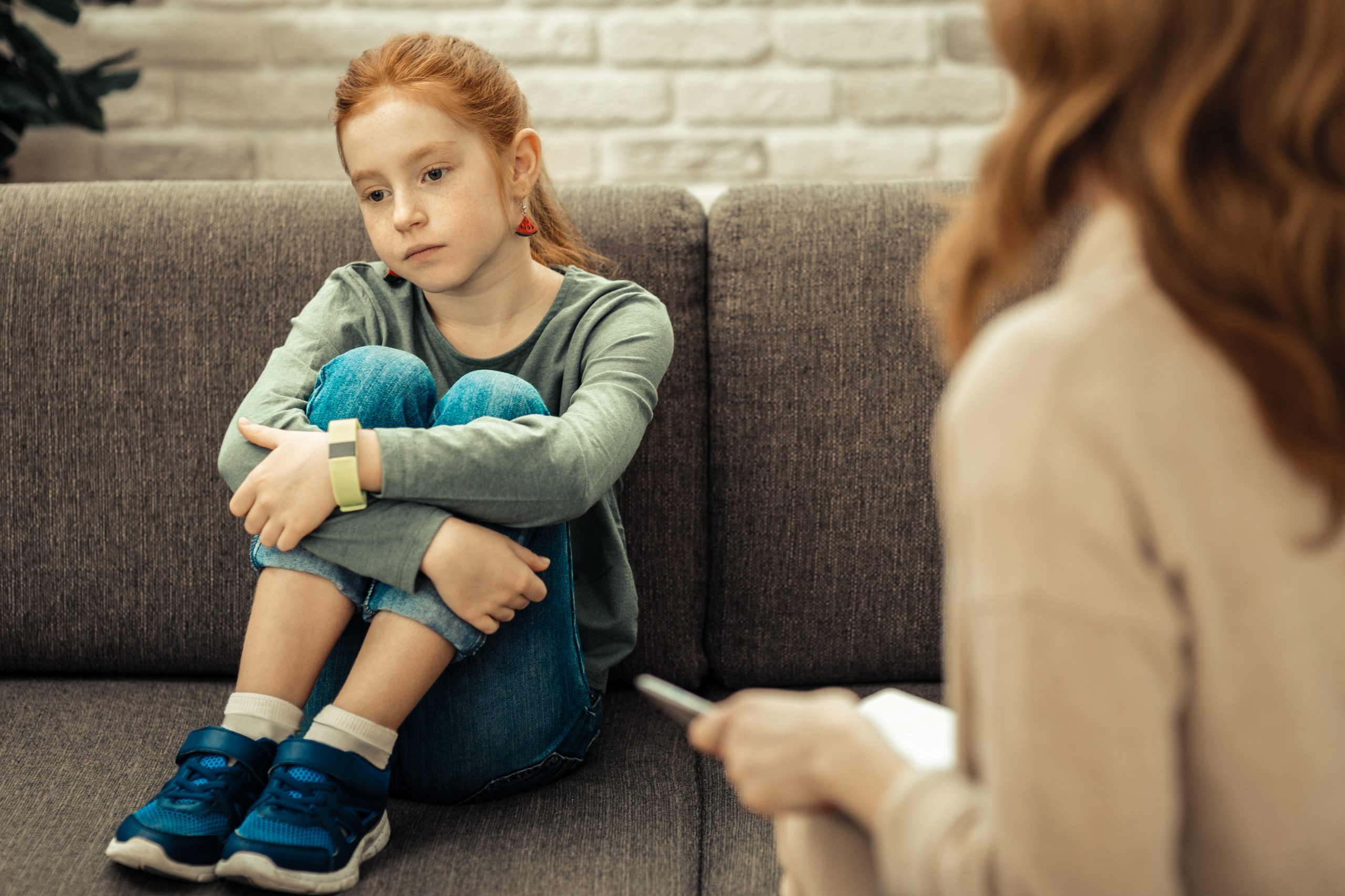
When parents separate, children often don’t fully understand what’s happening, but they feel it deeply. They may react with anger, sadness, or confusion even if the separation is handled gently.
Some common signs include:
- Becoming quiet or withdrawn
- Acting out in unexpected ways
- Showing regressive behaviour (e.g. bedwetting, needing more comfort)
Psychologists in Melbourne often see separation-related distress in both younger and older children. Therapy offers a space where children can safely talk, or play through these complex feelings. The aim isn’t to make them understand everything in adult terms, but to help them feel heard, held, and supported as they adjust to changes in their family life.
I also work with parents to think through how they can talk to their child about separation in a way that is developmentally appropriate, honest, and reassuring.
Play Therapy and Childhood Trauma
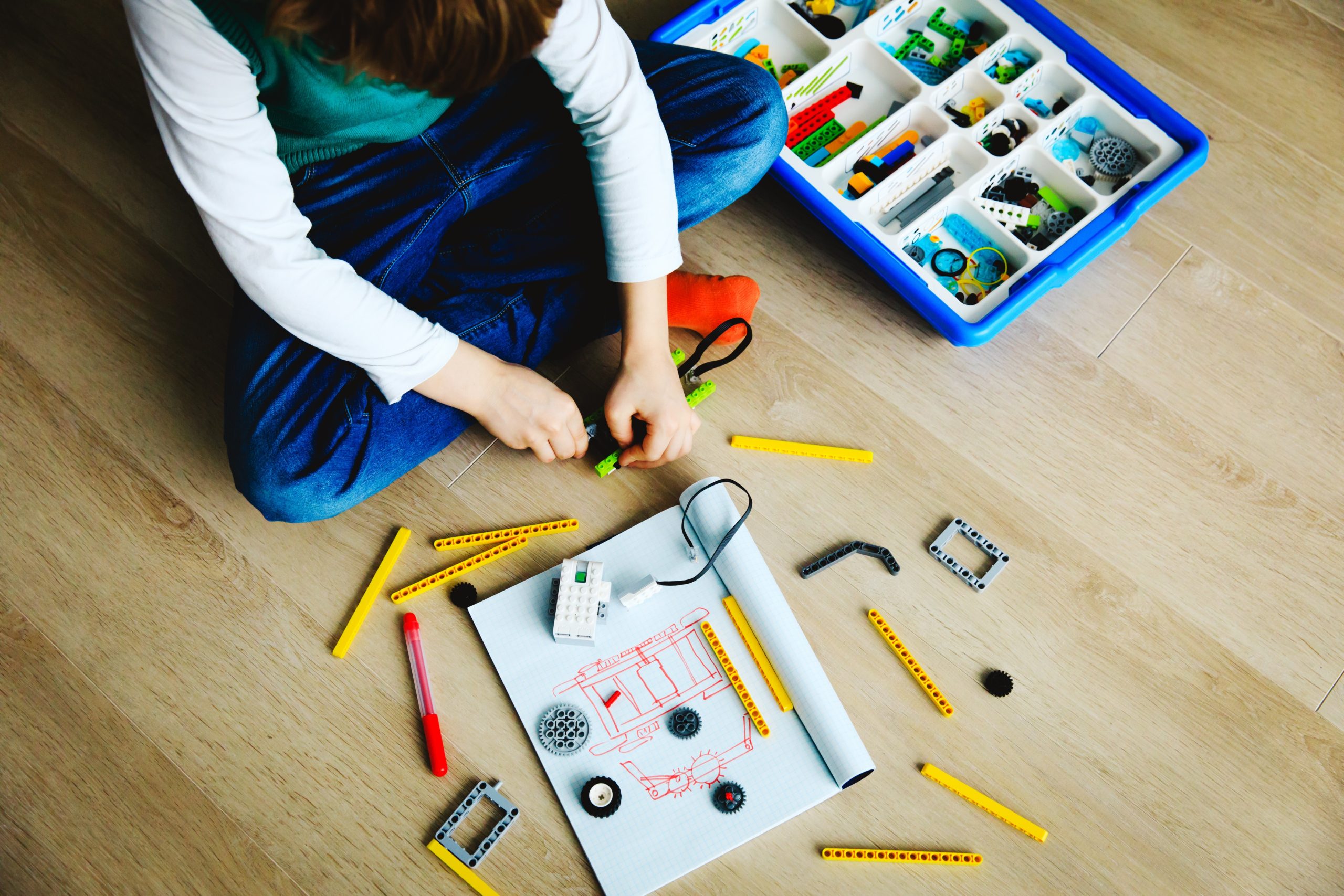
For children who’ve experienced something traumatic whether a loss, a frightening event, illness, or family conflict – words often fail. They may not be able to tell you what they feel, but they may replay certain events in their games or show distress in symbolic ways.
Play therapy gives children a way to express themselves without the pressure of needing to explain everything. Through drawing, storytelling, or imaginative play, they begin to work through their experiences at their own pace. As a therapist, I listen closely to what emerges in the play and support the child as they begin to build emotional resilience and restore a sense of safety.
When to Seek Help
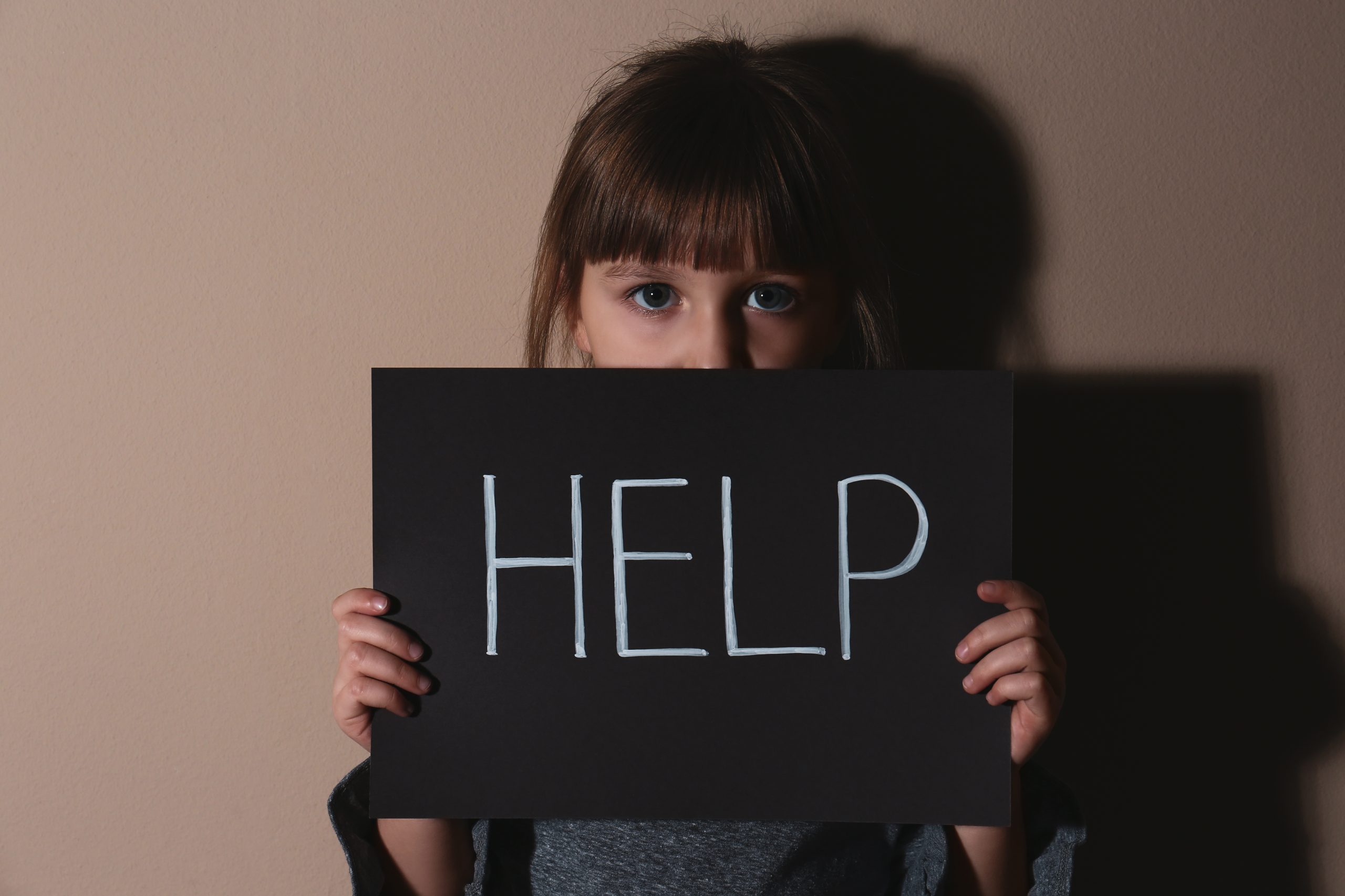
If you notice ongoing changes in your child behavioural shifts, mood changes, withdrawal, or anxiety that doesn’t seem to go away, it may be a sign that something deeper is at play.
You don’t need to wait for things to get worse to reach out. Sometimes, just speaking with someone who listens carefully and without judgment is enough to start moving in a new direction.
As a psychologist in Hawthorn and child psychologist in Melbourne, I offer therapy that respects each child’s unique experience. Rather than offering one-size-fits-all solutions, I focus on listening your child in how they see the world, what they might be struggling to say, and what support they need.
